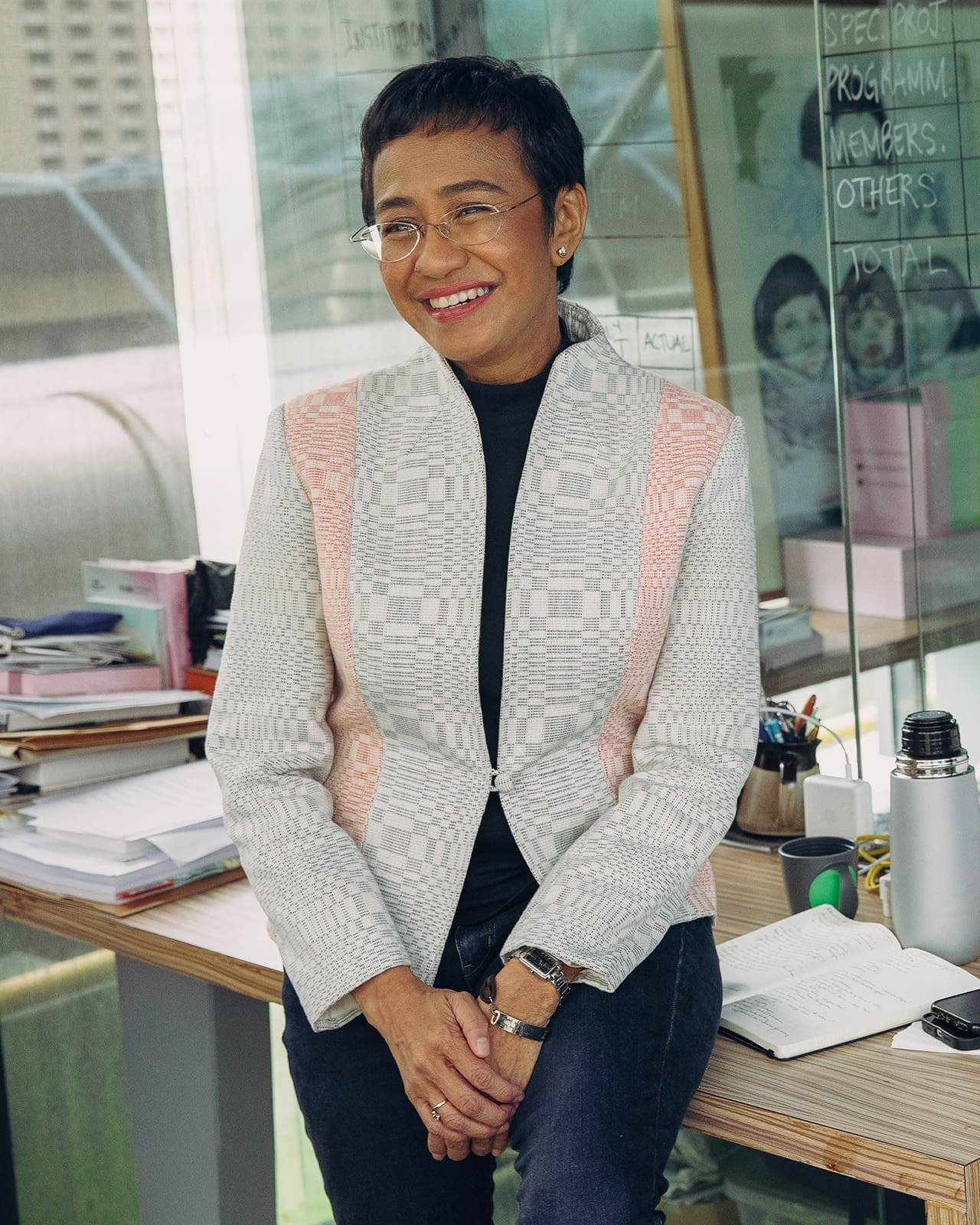Photo by Joseph Pascual
The 21st century would not be what it is today without these extraordinary
For over a hundred years, the Nobel Peace Prize has sought to recognize the achievements of individuals whose work in various fields helped to unify, reduce conflict, and promote peace congresses. The Peace Prize is one of five awards established by Arthur Nobel—an industrialist, businessman, and philanthropist, who willed that his fortune should be used to honor those who have made great contributions to humanity.
The world has currently found itself in the most rapidly changing era to date, just two decades into the twenty-first century. Despite all of this, some aspects of society have been slow to adapt. To this day, a disproportionate amount of women and their groundbreaking work fail to be recognized.
We want to pay homage to the revolutionary women of the 21st century who were awarded the Nobel Peace Prize. Their incredible humanitarian achievements have made inviolable steps forward, leaving this world much better off than it would have been without them.
2003 – Shirin Ebadi
Shirin Ebadi is a political and human rights activist and lawyer from Iran. She was awarded the Peace Prize for her work advocating for women, children, and political prisoners’ rights. She was the first woman to become a presiding Judge in Iran and the first Muslim woman to receive this award.
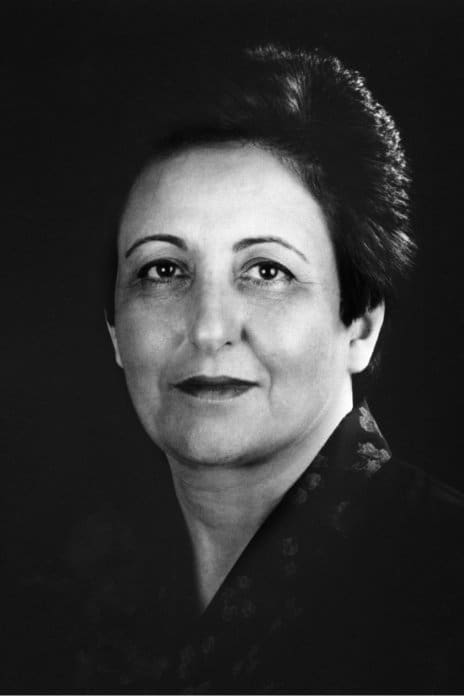
2004 – Wangari Muta Maathai
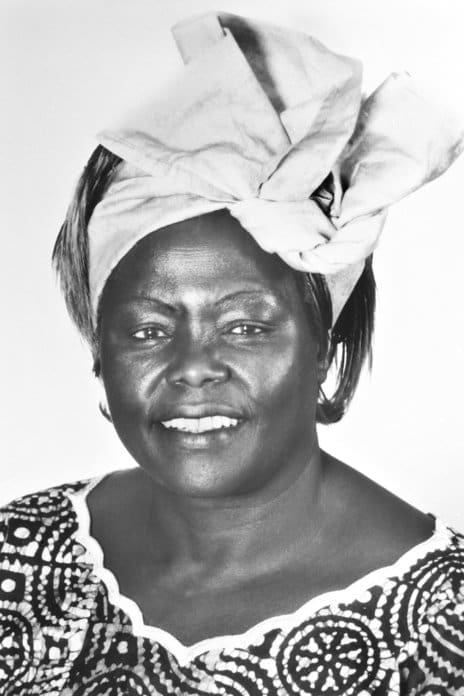
Wangari Muta Maathai won the Peace Prize for her work in sustainable development, human rights, and democracy – as well as for founding the Green Belt Movement, a women-led initiative that managed to plant over 20 million trees in her home country. She also became the first African woman to win the award.
2011 – Tawakkol Karman, Leymah Gbowee, and Ellen Johnson Sirleaf
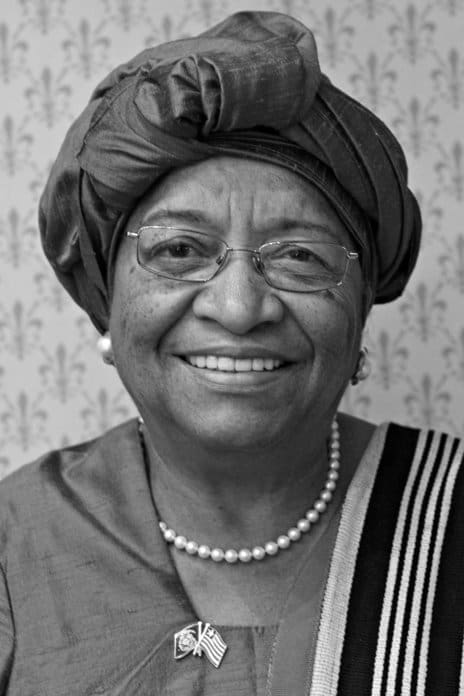
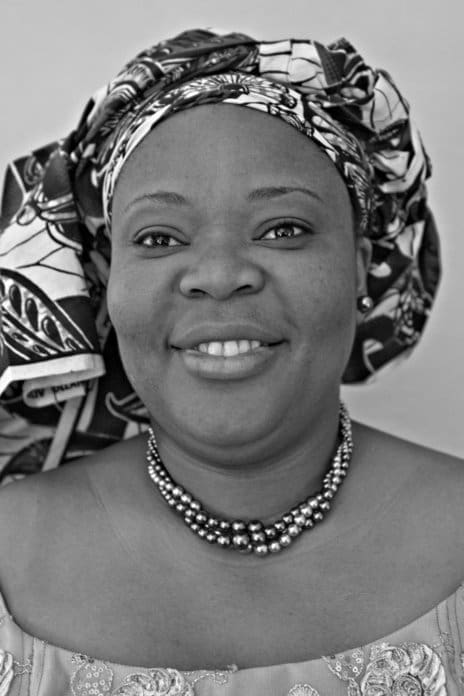
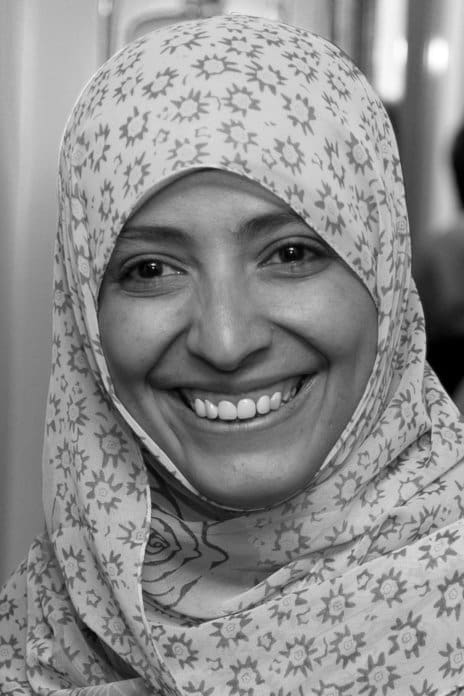
These three women were given a joint Peace Prize for their work in Liberia and Yemen, campaigning for the safety and rights of women, the end to authoritarianism, and the ability to participate in peace-building work.
Karman is an activist, journalist, and politician. She earned the names “mother of the revolution” and “the lady of the Arab Spring,” playing a key role during the 2011 youth uprising in Yemen, and is the first Arab woman to receive the Peace Prize.
Gbowee, a commissioner on Liberia’s Truth and Reconciliation Commission, played a leading role in Liberia’s fight against rape and child soldiers during war. She mobilized women all over the country to help bring an end to the war and to ensure the representation of women in their elections.
In 2005, Sirleaf achieved two historic feats, becoming the first female president in Liberia and Africa’s first elected female head of state. She is a Harvard-educated economist who helped her country secure peace after a 20-year-long civil war. Her regime was known for its zero-tolerance policy on corruption and free, compulsory education for primary-level children.
2014 – Malala Yousafzai
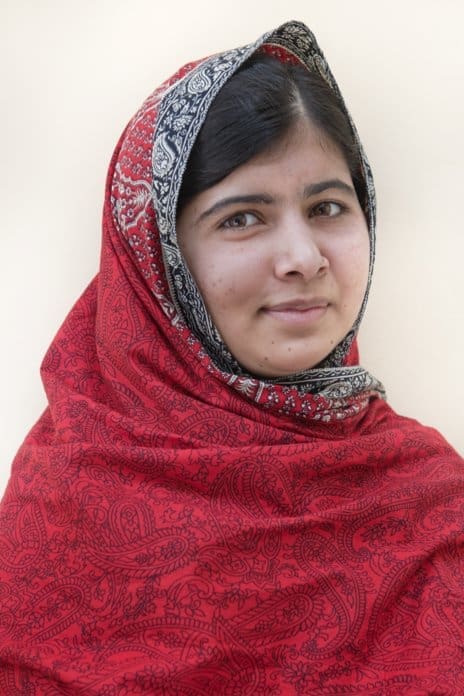
Malala Yousafzai drew the world’s attention as the 11-year-old who fought for her right to an education as a young girl. She began documenting her struggles living under the Taliban during their occupation of Swat for BBC Urdu. Four years later, at age 15, she was shot in the head by the Taliban while on a bus ride home. She survived and continued her fight—eventually becoming the world’s youngest recipient of a Nobel Prize in any category at 17 for her activism and bravery.
2018 – Nadia Murad
During the massacre of the Yazidi community in Iraq, ISIS fighters kidnapped Nadia along with over 6000 other women. After being raped and tortured as a slave, Murad managed to escape several months later. She went on to found Nadia’s Initiative, an organization aimed at helping women and children who were victimized by mass atrocities. She was honored with a Peace Prize for her efforts “to end the use of sexual violence as a weapon of war.”
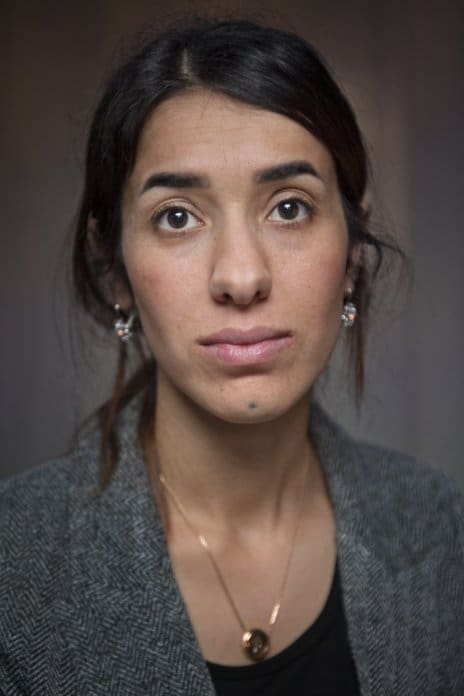
2021 – Maria Ressa
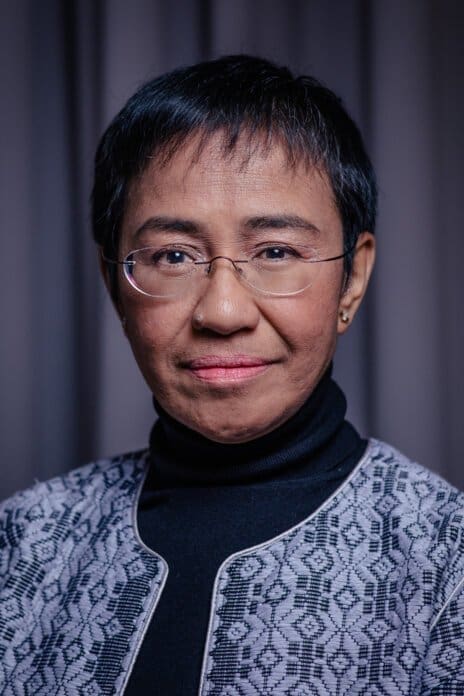
Apart from a distinguished career as a CNN correspondent, covering terrorism in South East Asia, Maria Ressa became well known as the co-founder of Rappler, an online news organization, and as a fearless defender of press freedom. She was honored with a Peace Prize for her fight for press freedom and for her work exposing the abuse of power, violence, and authoritarian nature of the Duterte Regime in the Philippines. She continues to fight against attempts to have her news agency silenced and shut down. Ressa made history as the first Filipino to receive a Nobel Prize.
